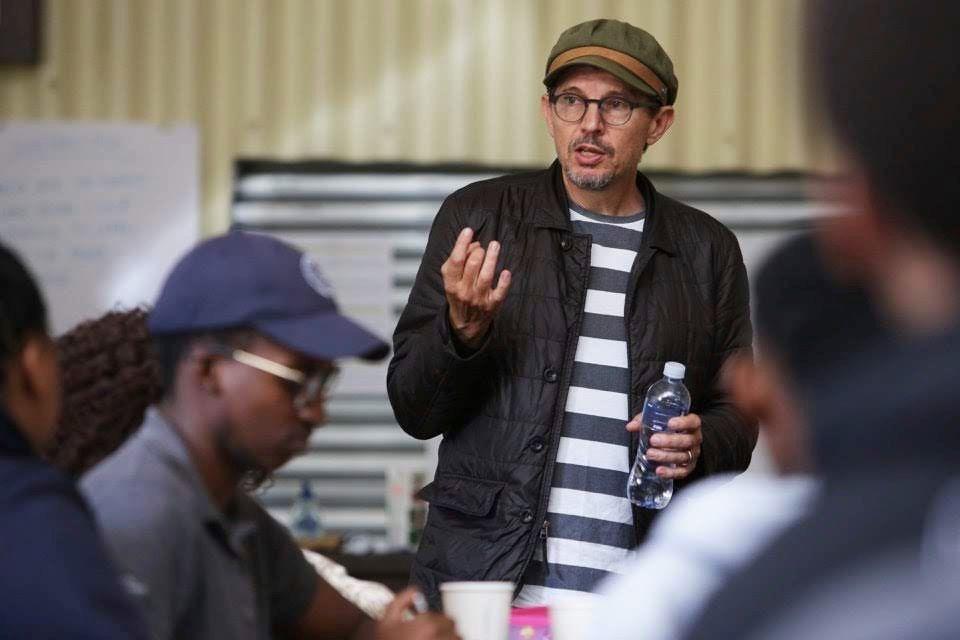Existential Conversations - Where it all comes together

Weekly existential conversations enable students to bring everything together—all of the different components of the course are engaged in collectively and in relation to their lives, experiences, beliefs, values, and so on. These conversations are the centre-piece of the course—where every student is given the space and opportunity to speak and be heard—and are facilitated by our student-teachers. Ideally, these conversations involve actively listening for the voice of the other and recognising the intersubjective nature of the human condition.
For these conversations to involve the kind of dialogue that fosters personal transformation, the students need to create spaces that are conducive to open and honest engagement with one another’s experiences, beliefs, desires, and values. Engaging openly and honestly in conversation about the human condition with a view to understanding how they have been formed and can be moved by different forces requires that our students be willing to be vulnerable to, in front of, and with, each other. To use the words of George Yancey, they must be willing to ‘listen with love.’ They take a risk in attempting to travel to each other’s worlds (in the words of Maria Lugones), to see themselves through each other’s eyes, and from each other’s standpoints. Still, they must take this risk if they want to genuinely develop their awareness of themselves and the ambiguous human condition. They must be willing to be involved in a genuine dialogue in which, through collaborative argumentation, they come to see themselves, one another, and their social reality more clearly. In a manner closely akin to consciousness-raising speak-outs, active participation in this kind of dialogue enables our students to find new (and sometimes better) ways of articulating and making sense of themselves, one another, and their world(s).
IZ students need to work together as both epistemic and ethical agents—in their capacities as knowers and actors who bring their own particularly embodied and situated knowledge to the table—to create these kinds of spaces, which is partly why the ethics of conversation is so central to this course. The ethics of conversation is highlighted in weekly existential conversations precisely because of the essential but challenging role played by others in uncovering for us our own thinking, biases and blind-spots, and the truths about ourselves that we need to be aware of if we want to properly organise and direct our lives. These conversations cannot be negative spaces if they are to be successful, but they must still be spaces that are open to non-hostile, critical engagement. Given this, each student must both take responsibility for their contributions to the conversations—for their own and one another’s learning—and work to enable others to express themselves freely in turn. Doing so must involve ‘listening with love’ or ‘playful “world”-travelling’.
Last Modified: Thu, 14 Aug 2025 14:29:17 SAST
